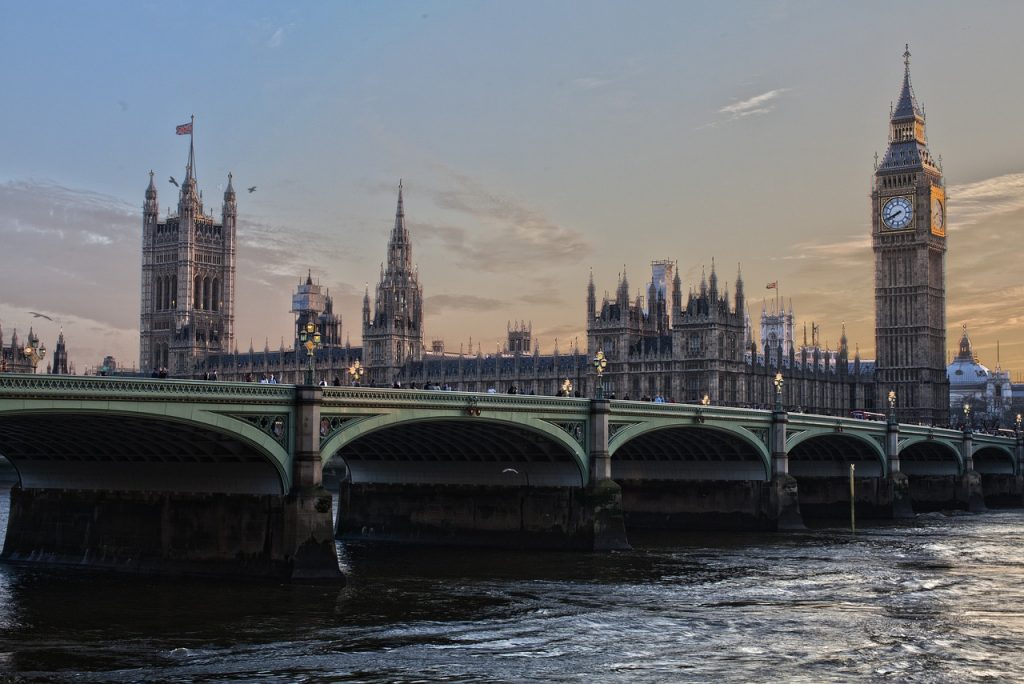
Parliamentary Sovereignty is the notion that parliament can create, repeal, or override any statute it desires with minimal limitations.
In addition, parliament sovereignty is not bound by its precedent and cannot bind its successor. The House of Commons and its statute are superior to the Executive and Judiciary, solidifying Parliament’s Sovereignty. Through the judiciary, judicial review and the compatibility of other laws can be used to question recent House of Commons actions. Through the Executive, the monarchy and the House of Lords must pass and assent to all bills passed by the House of Commons.
Doctrine of Parliamentary Sovereignty
Parliamentary acts are the constitution’s primary source, thus creating Parliament Sovereignty for the House of Commons. Parliament does not have limits to its statutory powers as it can repeal or override previous statutes, in addition to creating new laws. Parliament Sovereignty established the precedent to develop legislation on any subject matter desired, thus creating superiority over other governmental operations. Unlike other forms of government, parliament is not bound by precedent decisions, nor can it bind its successor, thus creating a new Parliament Sovereignty governmental body after every election. The implications of the Human Rights Act 1998, the European Communities Act 1972 and the Constitutional Reform Act 2005 have constructed limitations to parliament and, therefore, to Parliament Sovereignty. However, these power-limiting acts could be repealed and changed if parliament yearned, as seen in the European Union (Withdrawal) Act 2018 regarding the European Communities Act 1972.
Parliamentary Sovereignty Regarding Executive and the Judiciary
The Judiciary and Executive governmental branches are inferior to the House of Commons, though they are minor limitation components of Parliament’s Sovereignty. Judges produce everyday law decisions through the judiciary branchby interpreting legislation to ensure its compatibility with constitutional acts, such as the Human Rights Act 1998 or the European Communities Act 1972. Judges can rule on governmental decisions through judicial review, though the merit of a governmental decision would not be questioned. As a result, judicial review creates a minor limitation on Parliament’s Sovereignty, which could be overruled or repealed by the House of Commons. An example of parliament nullifying legislation in its favour can be seen in enacting the War Damage Act 1965 as a reaction to the adverse decisions held in Burmah Oil Co (Burma Trading) Ltd v Lord Advocate [1965].
In the Executive branch of government, the Monarch is expected to consent to all bills passed by the House of Commons and House of Lords. The House of Lords cannot prevent the passing of bills endorsed by the House of Commons but may delay enactment. Through the Parliament Act 1911, lords’ powers to veto public bills were annulled, creating one aspect of the modern Parliament Sovereignty.
Conclusion
Statute is the superior constitutional power that only parliament possesses, thus creating Parliamentary Sovereignty. In addition, the power to create, repeal, or override relies on the House of Commons. The Judiciary and Executive governmental branches are bound to the decisions of the House of Commons, assisting in the forging of Parliamentary Sovereignty.
(Originally Written for Bachelor of Law at Birkbeck, University of London)
About the Author Madison Mussio
Feel Free to Connect with Madison on / Instagram / Linkedin / Facebook
References:
Legislation
- The Constitutional Reform Act 2005
- European Communities Act 1972
- The European Union (Withdrawal) Act 2018
- The Human Rights Act 1998
- The Parliament Act 1911
- The War Damage Act 1965
Caselaw
- Burmah Oil Co (Burma Trading) Ltd v Lord Advocate [1965] A.C. 75
Books/Articles
- Loveland I, Constitutional Law, Administrative Law, and Human Rights A Critical Introduction (8th edn, Oxford University Press 2018)
Initially Written in May 2020
